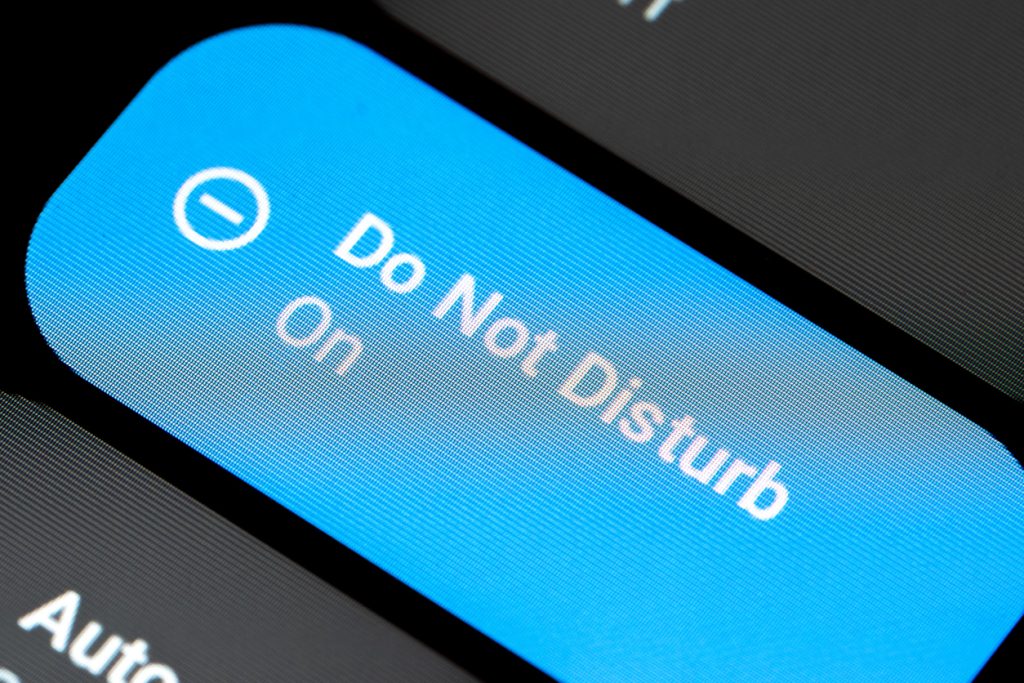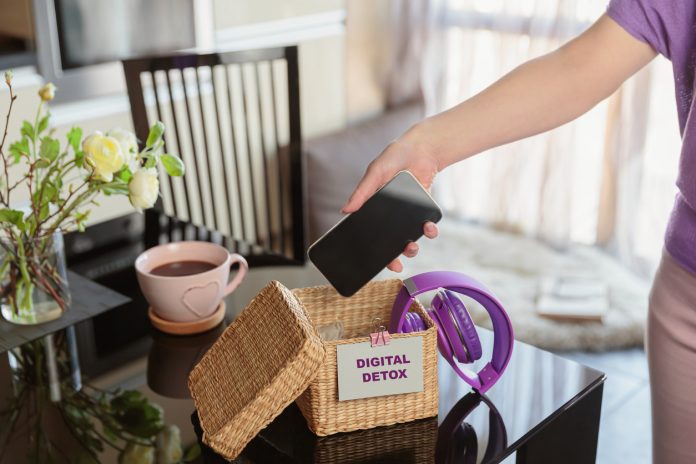Between constant notifications and endless scrolling, spending time away from your devices can seem like a daunting challenge. For many, the idea of a tech detox feels more like a punishment than an opportunity. But what if stepping away from screens could feel indulgent and restorative instead? A mindful tech detox isn’t about deprivation; it’s about intentionally creating space for joy, calm, and connection in your life.
This guide will explore why mindful tech detoxes are so rewarding, provide practical ideas that are enjoyable rather than restrictive, and offer tips for making the most out of your unplugged moments.
The Hidden Benefits of Stepping Away
We often underestimate the impact constant connectivity has on our minds and bodies. Intentionally unplugging—even for short periods—can come with surprising benefits that ripple across every area of life.
1. Reclaim Your Time and Focus

When you’re not glued to your phone, you have time to pursue hobbies, tackle long-postponed projects, or simply relax without interruption. Research from RescueTime shows that the average person spends over three hours a day on their phone. Imagine what you could do with that reclaimed time!
2. Reduce Stress Levels
Technology keeps us in a perpetual state of “on,” contributing to burnout and anxiety. Notifications, emails, and instant messages often demand immediate attention, making it difficult to unwind. Studies have shown that even a short break from technology can lower stress hormones and increase feelings of relaxation.
3. Strengthen Your Relationships

Unplugging allows you to reconnect with the people around you without digital distractions. Whether it’s sharing an uninterrupted conversation or simply being more present, the quality of your interactions can significantly improve.
4. Boost Creativity
Stepping away from screens can ignite your creativity. Without the constant influx of information, your brain has the freedom to wander, problem-solve, and come up with new ideas. This is why many artists, entrepreneurs, and writers make space for screen-free time in their routines.
Ideas for Treating Yourself to a Mindful Tech Detox
The key to a successful detox is reframing it as an act of self-indulgence rather than restriction. Below are some activities and strategies to help you unplug while enjoying every moment.
1. Create a Tech-Free Ritual
Rituals feel special, sacred, and intentional—a perfect way to ease into a tech detox.
- Start with a tech-free morning. Instead of reaching for your phone first thing, brew a cup of coffee or tea and savor it while journaling or listening to nature sounds.
- End your day with a nighttime wind-down. Set your phone aside an hour before bed and replace screen time with activities like reading, meditating, or stretching.
2. Plan a Nature Escape

There’s no better remedy for digital overwhelm than immersing yourself in nature.
- Take a short hike, visit a park, or spend the afternoon outdoors. Leave your phone behind (or in airplane mode) and focus on your surroundings.
- If you’re near water, try something simple like skipping stones, swimming, or sitting by the shore and watching the waves.
When you engage with the natural world, it’s easier to forget about apps and timelines altogether.
3. Try a Hands-On Hobby

Engaging in tactile activities can be a rewarding alternative to screen time.
- Experiment with cooking or baking, trying a few new recipes that require some focus.
- Pick up a creative hobby like painting, knitting, or pottery—many people find these activities meditative and relaxing.
- Build something with your hands, whether it’s assembling furniture or tending to a small garden.
The sense of accomplishment you’ll feel from creating something tangible is far more satisfying than browsing social media.
4. Host a Tech-Free Gathering
Make unplugging a group activity by creating space for connection with friends and family.
- Introduce a “phone basket” at dinners and encourage everyone to leave their phones in it during the meal.
- Organize a board game night, picnic, or potluck where screens are not the center of attention.
These shared experiences feel more meaningful without the distraction of devices, and they often help strengthen personal bonds.
5. Immerse Yourself in Self-Care
Unplugging is the perfect opportunity to focus on your well-being.
- Treat yourself to an at-home spa session, complete with a relaxing bath, face masks, and candles.
- Sign up for a yoga or meditation class to center your body and mind.
- Write in a gratitude journal, reflecting on the people and moments that bring you joy.
By filling your detox with nurturing activities, you’ll associate screen-free time with relaxation and care.
How to Stay Mindful During Your Detox
Apart from what you do, how you approach your detox can make a world of difference. Here are some mindfulness strategies to enhance your experience.
Set Clear Boundaries
Decide in advance when your detox starts and ends. Whether it’s a weekend or a single afternoon, having a clear timeframe lets you prepare and prevents interruptions.
Turn Off Notifications

Even if you don’t go fully offline, silencing notifications prevents constant distractions, allowing you to be more present.
Focus on One Activity at a Time
Multitasking—especially with technology—fractures your attention. During your detox, try doing one thing at a time, whether it’s sipping tea or journaling.
Practice Gratitude for the Small Things
Take a moment to appreciate the warmth of sunlight, the joy of laughter, or the taste of your food. These little moments become richer when you’re not rushing through them or distracted by a screen.
Easing Back into Tech After Detox
When it’s time to plug back in, do so with intention. Be mindful of which habits no longer serve you, and make small changes to maintain the benefits of your detox.
- Stick to specific times for checking emails or social media instead of constant scrolling.
- Keep meaningful rituals, like tech-free mornings or evenings, as a regular part of your routine.
Final Thoughts
A mindful tech detox doesn’t have to feel like punishment or self-denial. By treating yourself to relaxing activities, prioritizing self-care, and savoring real-world experiences, you can reframe unplugging as an indulgent reset for your mind and body. The next time you feel overwhelmed by screens, consider it your cue to take a break—not because you have to, but because you deserve to.
Give yourself permission to pause, breathe, and reconnect with life’s simple pleasures. You might just find that unplugging is less about what you lose and more about what you gain.



